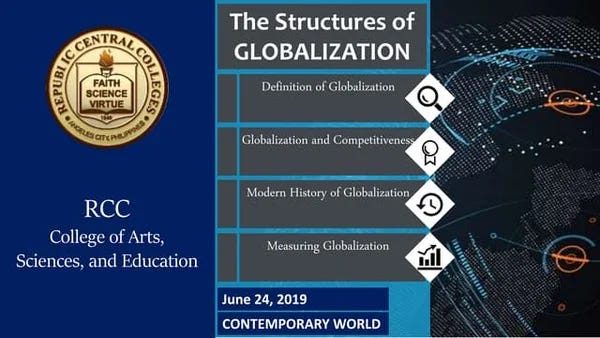The world is ever-changing and, with globalization, different cultures are more interconnected than ever. In just a few decades, the effects of globalization have been felt in almost every corner of the globe - from economic markets to language barriers to international travel. But what does this mean for different cultures? This blog post will explore how globalization has impacted different societies around the world and provide insight into its far-reaching implications. With an estimated 7 billion people living on Earth today, it's important to understand how our global community is changing - so let's dive in.
Globalization has had a profound impact on different cultures around the world. It is evident from increased cross-cultural interactions and the exchange of ideas, products, services, technologies, and labor that have taken place in recent years due to advances in transportation, communication, and information technology. As more countries become increasingly interconnected through globalized markets and international organizations such as the World Trade Organization (WTO), there are both positive impacts as well as potential downside risks associated with this process for local cultures. On one hand, globalization can lead to greater economic opportunities by opening up new export markets or providing access to cheaper imports which might benefit consumers or businesses within certain communities; however, it also poses threats of cultural homogenization where dominant forms of culture may come at the expense of traditional practices within weaker societies resulting in loss of knowledge systems or ways of life that were once celebrated amongst local populations. Research indicates that while globalization brings about changes across various aspects related to identities – language use patterns, religious affiliations, etc– these effects vary depending on how much exposure individuals/communities receive from external sources. In conclusion, it appears clear that globalization brings some advantages such as improved living standards for many, but its long-term implications need deeper consideration to ensure any negative effects on communal traditions do not outstrip potential gains generated by this complex phenomenon.
Overall, globalization has had a profound effect on different cultures around the world. It has created opportunities for people to learn about and appreciate each other’s customs, beliefs, and values. However, it is important to remember that not all effects of globalization are positive; some cultures may face challenges due to increased competition or the pressure of western-style modernity. To ensure that cultural diversity and unique identities can be maintained in an increasingly interconnected world, we should strive for greater understanding between different peoples and promote tolerance across borders. In this way, we can embrace globalization while still respecting our varied cultural heritages - a goal worth striving for as globalization continues its march into the future.






